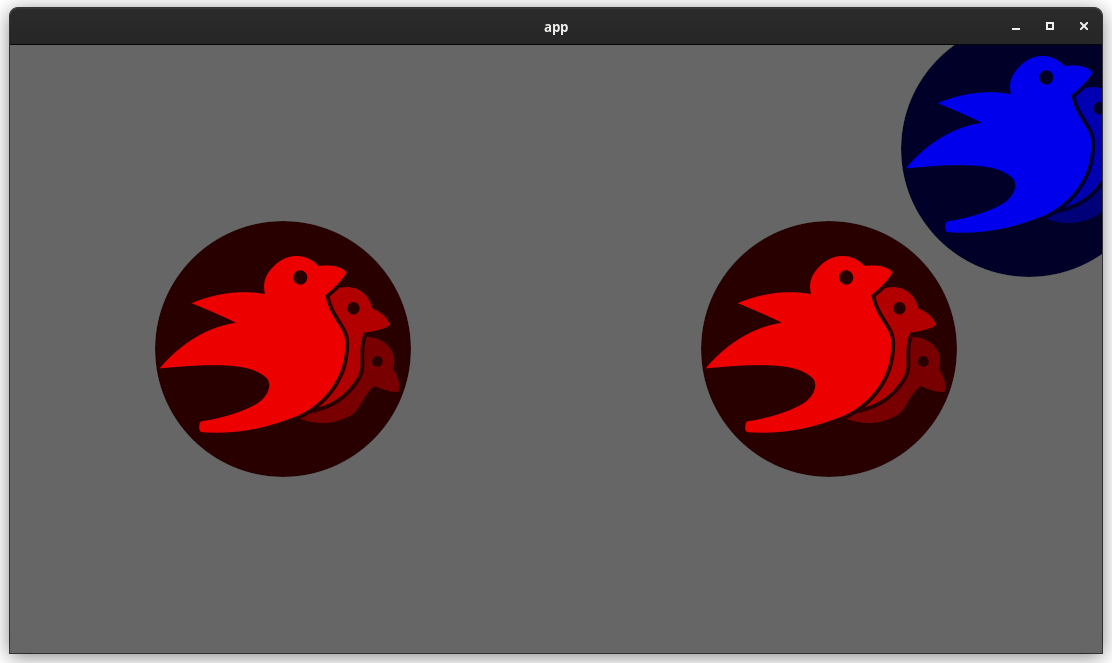mirror of
https://github.com/bevyengine/bevy
synced 2024-11-22 12:43:34 +00:00
# Objective Fixes #4907. Fixes #838. Fixes #5089. Supersedes #5146. Supersedes #2087. Supersedes #865. Supersedes #5114 Visibility is currently entirely local. Set a parent entity to be invisible, and the children are still visible. This makes it hard for users to hide entire hierarchies of entities. Additionally, the semantics of `Visibility` vs `ComputedVisibility` are inconsistent across entity types. 3D meshes use `ComputedVisibility` as the "definitive" visibility component, with `Visibility` being just one data source. Sprites just use `Visibility`, which means they can't feed off of `ComputedVisibility` data, such as culling information, RenderLayers, and (added in this pr) visibility inheritance information. ## Solution Splits `ComputedVisibilty::is_visible` into `ComputedVisibilty::is_visible_in_view` and `ComputedVisibilty::is_visible_in_hierarchy`. For each visible entity, `is_visible_in_hierarchy` is computed by propagating visibility down the hierarchy. The `ComputedVisibility::is_visible()` function combines these two booleans for the canonical "is this entity visible" function. Additionally, all entities that have `Visibility` now also have `ComputedVisibility`. Sprites, Lights, and UI entities now use `ComputedVisibility` when appropriate. This means that in addition to visibility inheritance, everything using Visibility now also supports RenderLayers. Notably, Sprites (and other 2d objects) now support `RenderLayers` and work properly across multiple views. Also note that this does increase the amount of work done per sprite. Bevymark with 100,000 sprites on `main` runs in `0.017612` seconds and this runs in `0.01902`. That is certainly a gap, but I believe the api consistency and extra functionality this buys us is worth it. See [this thread](https://github.com/bevyengine/bevy/pull/5146#issuecomment-1182783452) for more info. Note that #5146 in combination with #5114 _are_ a viable alternative to this PR and _would_ perform better, but that comes at the cost of api inconsistencies and doing visibility calculations in the "wrong" place. The current visibility system does have potential for performance improvements. I would prefer to evolve that one system as a whole rather than doing custom hacks / different behaviors for each feature slice. Here is a "split screen" example where the left camera uses RenderLayers to filter out the blue sprite.  Note that this builds directly on #5146 and that @james7132 deserves the credit for the baseline visibility inheritance work. This pr moves the inherited visibility field into `ComputedVisibility`, then does the additional work of porting everything to `ComputedVisibility`. See my [comments here](https://github.com/bevyengine/bevy/pull/5146#issuecomment-1182783452) for rationale. ## Follow up work * Now that lights use ComputedVisibility, VisibleEntities now includes "visible lights" in the entity list. Functionally not a problem as we use queries to filter the list down in the desired context. But we should consider splitting this out into a separate`VisibleLights` collection for both clarity and performance reasons. And _maybe_ even consider scoping `VisibleEntities` down to `VisibleMeshes`?. * Investigate alternative sprite rendering impls (in combination with visibility system tweaks) that avoid re-generating a per-view fixedbitset of visible entities every frame, then checking each ExtractedEntity. This is where most of the performance overhead lives. Ex: we could generate ExtractedEntities per-view using the VisibleEntities list, avoiding the need for the bitset. * Should ComputedVisibility use bitflags under the hood? This would cut down on the size of the component, potentially speed up the `is_visible()` function, and allow us to cheaply expand ComputedVisibility with more data (ex: split out local visibility and parent visibility, add more culling classes, etc). --- ## Changelog * ComputedVisibility now takes hierarchy visibility into account. * 2D, UI and Light entities now use the ComputedVisibility component. ## Migration Guide If you were previously reading `Visibility::is_visible` as the "actual visibility" for sprites or lights, use `ComputedVisibilty::is_visible()` instead: ```rust // before (0.7) fn system(query: Query<&Visibility>) { for visibility in query.iter() { if visibility.is_visible { log!("found visible entity"); } } } // after (0.8) fn system(query: Query<&ComputedVisibility>) { for visibility in query.iter() { if visibility.is_visible() { log!("found visible entity"); } } } ``` Co-authored-by: Carter Anderson <mcanders1@gmail.com> |
||
|---|---|---|
| .. | ||
| bevymark.rs | ||
| many_animated_sprites.rs | ||
| many_cubes.rs | ||
| many_foxes.rs | ||
| many_lights.rs | ||
| many_sprites.rs | ||
| README.md | ||
| transform_hierarchy.rs | ||
| warning_string.txt | ||
Stress tests
These examples are used to stress test Bevy's performance in various ways. These should be run with the --release argument to cargo or equivalent optimization, otherwise they will be very slow.